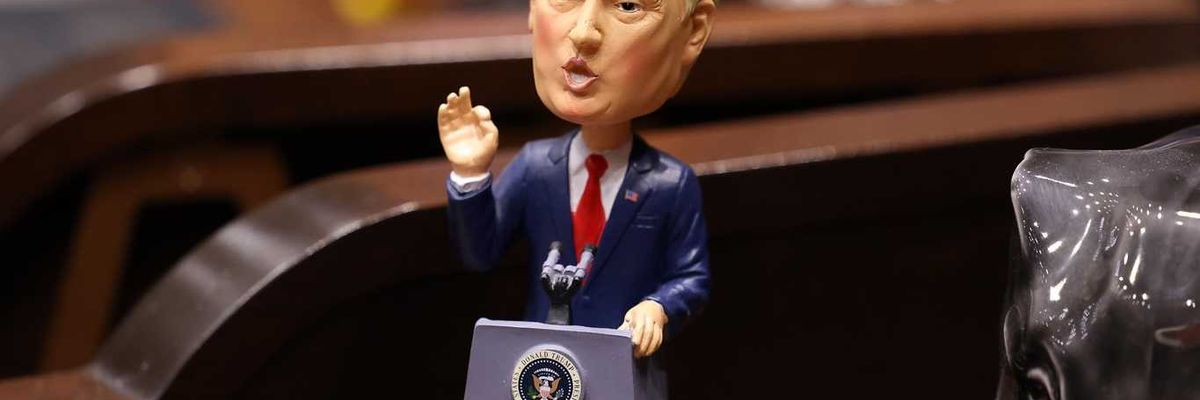toxics reductions
"Ecovillages" around the globe are a realistic glimpse of a sustainable future
The writers explore how communities prioritize sustainability through advanced agricultural techniques and community-focused living.
Stephanie Hanes and Sara Miller Llana report for The Christian Science Monitor.
In short:
- Experts indicate a significant rise in ecological communities globally, reflecting a shift towards integrating sustainable practices into everyday life.
- From projects in Africa to former mine sites turned into permaculture sites, in Barbados, the number of "ecovillages" in the Global Ecovillage Network has skyrocketed from 440 a decade ago to over 10,000 last year.
- For example, Martina Wiedemar and Joao Almeida are developing Gandum Village in Portugal, integrating solar panels, earthen buildings, and regenerative agriculture to promote sustainable living.
- The project aims to engage the public by offering residency options and community activities, emphasizing the accessibility and appeal of eco-friendly lifestyles.
Key quote:
"This place is an example that a sustainable life can be beautiful. It can be easy. It’s not just a hippie thing."
— Joao Almeida, co-founder of Gandum Village.
Why this matters:
These innovative models offer a glimpse into how communities can fundamentally reshape living standards to be more sustainable by integrating eco-friendly practices into daily life. Read more: Climate, justice, and the deep roots of regenerative farming.
Fashion's future lies in compostable mushroom leather
Imagine a future in which disposing of a pair of worn-out shoes might mean simply adding them to the compost pile.
In short:
- Romanian artisans and a South Carolina biotech company, MycoWorks, are innovating with mushroom-based textiles, offering an eco-friendly alternative to traditional leather.
- MycoWorks' material, called Reishi, is crafted from mycelium and agricultural waste, providing a sustainable and biodegradable option for fashion items like designer bags and upscale pillows.
- Advances in biotech allow for the growth of mycelium in controlled environments, presenting a viable, ethical, and environmentally sustainable alternative to animal leather.
Key quote:
"It has a bit of a velvety touch to it. It has a bounce. It has an absorptivity to the oils and heat that emanate from your fingers when you touch it."
— Matt Scullin, CEO of MycoWorks
Why this matters:
Mushroom leather not only offers a biodegradable option that could revolutionize waste management in fashion but also aligns with growing consumer demand for sustainable and ethically produced goods. The search continues for sustainable textiles and alternatives to fast fashion.
Lockdowns lead to a significant drop in asthma emergencies due to cleaner air
A study from Oxford reveals a notable decrease in asthma-related hospital admissions in 2020, linking it to the reduction of air pollution amid COVID-19 lockdowns.
In short:
- Emergency admissions for asthma in Oxford fell by 41% in 2020, as air quality improved with fewer vehicles on the road.
- The study correlates peaks in asthma admissions with air pollution levels, pointing to a direct link between air quality and asthma exacerbations.
- Testimonies from individuals with asthma documented personal improvements in lung function during lockdown periods.
Key quote:
“The Covid-19 pandemic led to a unique opportunity where we could study the impacts of rapid changes in human activities on air quality.”
— Dr. Suzanne Bartington, lead researcher, University of Birmingham
Why this matters:
This finding emphasizes the direct impact of air quality on health, particularly for those with respiratory conditions like asthma. It supports the need for cleaner air policies, not only for environmental reasons but as an important public health measure.









